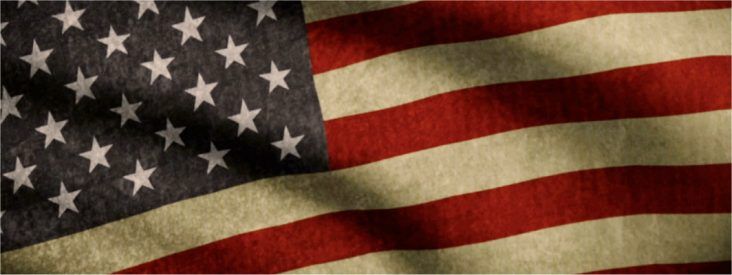Trump, Clinton add to delegate leads in Presidential primaries, Kasich holds Ohio
by March 15, 2016 8:52 pm 163 views

On a night when Arkansas’ leading politicians were hitting bank shots and 3-pointers in a charity basketball game, Donald Trump and Hillary Clinton were making mostly layups to advance closer to securing their parties’ Presidential nominations.
Trump and Clinton won the early states of North Carolina and Florida. As the night went on, Trump also won Illinois and Northern Marianas Islands and was dueling Sen. Ted Cruz in an airtight Missouri race. Clinton added the states of Ohio and Illinois to her victory column and held a minuscule lead in Missouri over challenger Sen. Bernie Sanders. Both candidates added to their delegate leads and fueled the assumption that they will be their parties’ presumptive nominees in the fall, although Clinton has the easier course.
“We’re moving closer to winning the Democratic nomination,” Clinton told supporters at her West Palm Beach, Florida headquarters after her strong showing. “You voted for our tomorrow to be better than our yesterday… Tonight it’s become obvious that this may be one of the most consequential campaigns of our lifetime,” she said.
Trump told his supporters in Palm Beach, Florida that “we are going to start winning again. This country is going to start winning again.”
Trump complained about the media, his critics and negative advertising saying the criticism has been “mostly false, vicious, horrible,” and he added that despite the negative noise, “my numbers went up.” His victories may have been even more impressive after a week in which he endured intense scrutiny for violence at his campaign rallies. He said he had a conversation with Senate Majority Leader Mitch McConnell and House Speaker Paul Ryan and called for Republican party unity.
“We have to bring our party together, we have to bring it together,” Trump said.
Despite Trump’s triumphs, the prospects for a contested GOP convention loom.
Republican Marco Rubio dropped out of the 2016 Presidential field after finishing a distant second in his home state of Florida. Ohio Gov. John Kasich held serve and won the Buckeye State keeping his campaign alive, but with virtually no mathematical way to secure the 1,237 GOP delegates needed for the nomination.
In his speech to suspend his campaign, Rubio described 2016 as the year a “political tsunami” overwhelmed traditional politics and conventional wisdom. Rubio, who became the preferred “establishment” candidate as the race progressed, cast blame in several directions for the tumult of the election year.
“I blame some of that on the conservative movement … but I blame a lot of it on the political establishment,” said Rubio, noting that big Republican wins in 2010 and 2012 have resulted in little political accomplishment. In a veiled warning urging caution towards Trump’s march to the nomination, he encouraged supporters, “I ask the American people: Do not give into fear.”
Kasich, who had hedged his entire campaign on winning his home state, said he was working for a “united” country and the attention he’s now receiving will result in momentum for his positive candidacy. “I will not take the low road to the highest office in the land,” he said.
“I’m that underdog, that person that goes from the bottom of March Madness to the Final Four,” Kasich said in a CNN phone interview. “It’s pretty cool.” Kasich has to win big in future states to close the delegate math and with Sen. Ted Cruz – who picked up delegates with second and third place finishes throughout the night – still in the race, Trump will maintain a strong delegate lead.
The question becomes whether or not Trump – or any other GOP contender – can secure the 1,237 delegates needed to win the nomination.
According to many analysts’ estimates, Trump would have to win nearly 60% of the remaining GOP delegates to get to that total, but his multiple state victories across a wide swath of the country would make it difficult to deny him the nomination if he falls short before the convention.
Nonetheless, GOP party rules could be interpreted to open up a “contested convention” that would allow for previous candidates or new candidates to be considered for the nomination.
The next election contests will be on Tuesday, March 22 when Arizona hold its presidential primaries, Idaho holds Democratic caucuses, and Utah holds Republican and Democratic caucuses.
